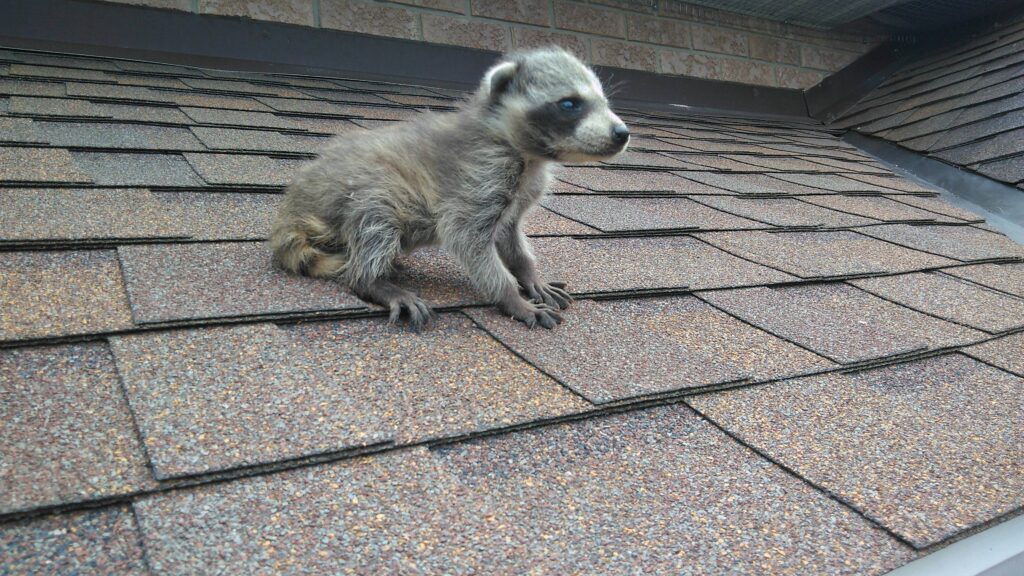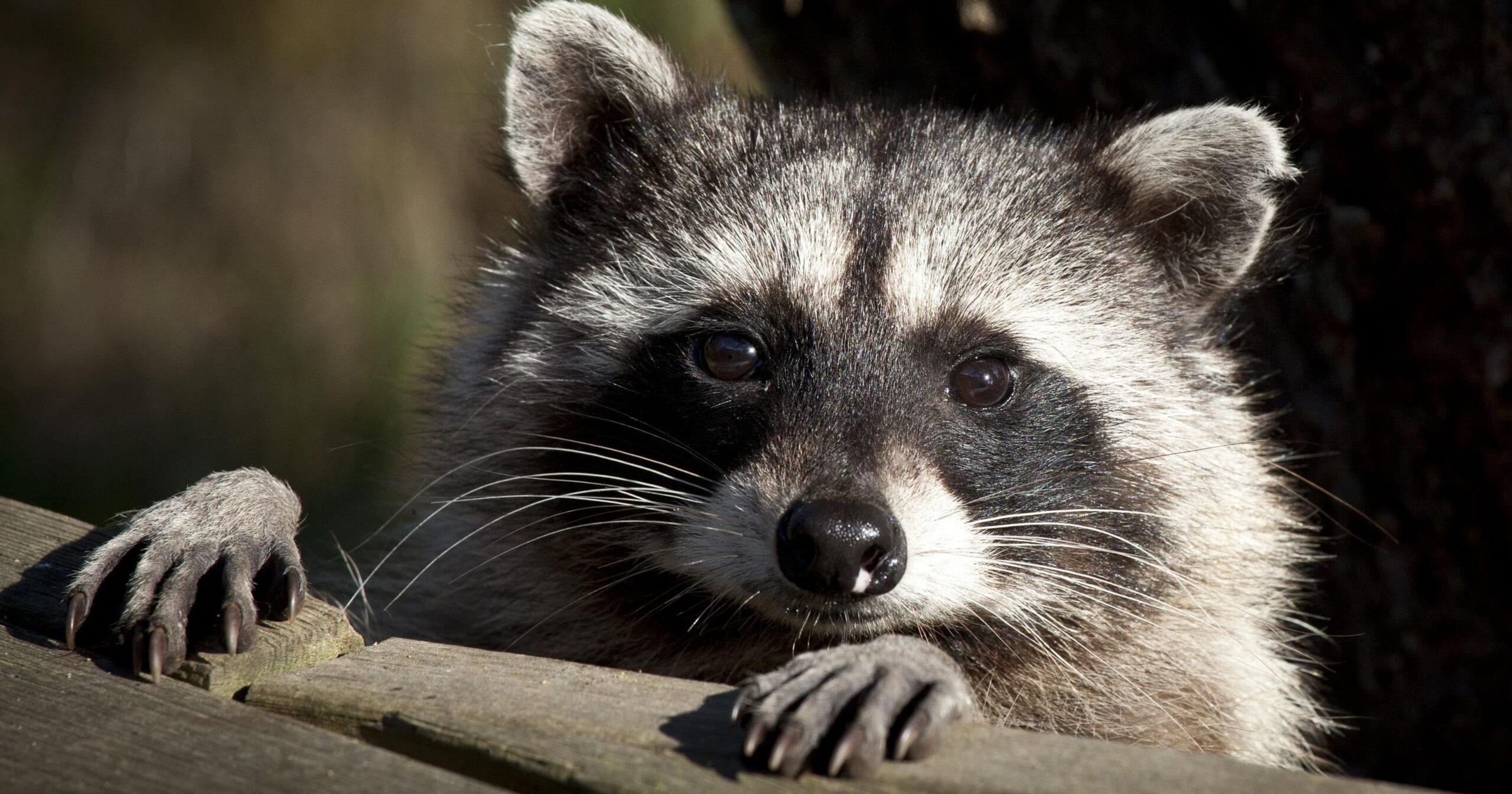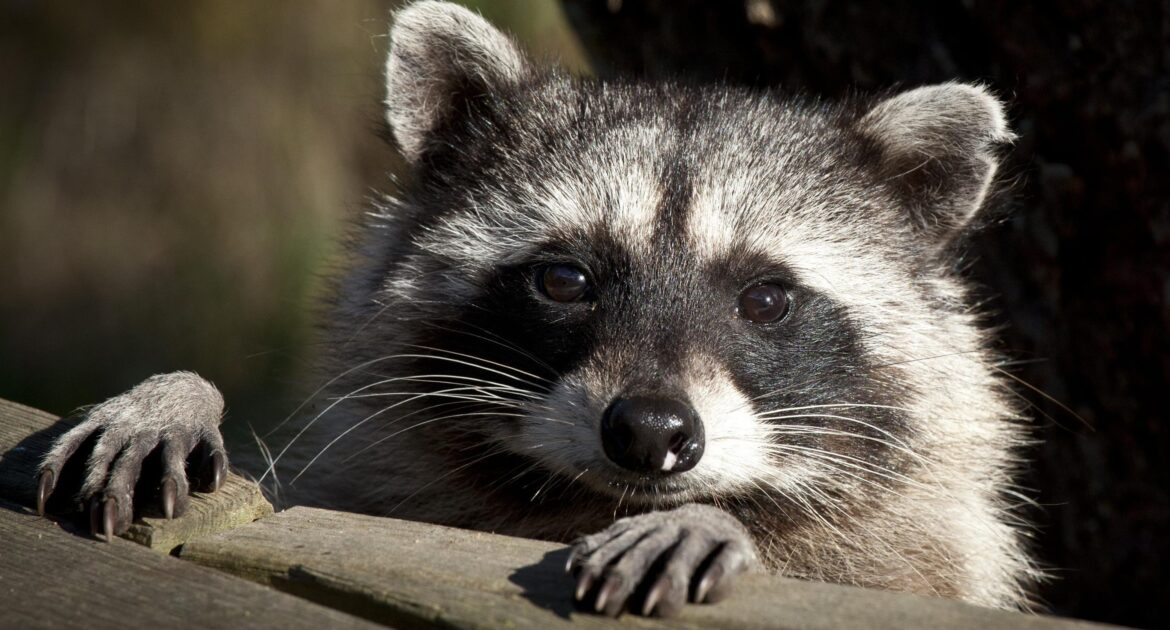People often take wildlife assumptions and turn them into facts. For instance, it is common knowledge that raccoons are nocturnal animals. People assume that if they see a raccoon during daylight hours, the animal must be ill. In many cases, people incorrectly believe the animal has rabies. There are many reasons a raccoon might be spotted during the day, and most of them do not involve illness or rabies. Still, if you often see a raccoon roaming your property during the day, it might indicate it is nesting somewhere on your land. It is usually in the best interest of a homeowner to contact raccoon control in Durham when their property becomes a frequent footpath for raccoons.
As for the reasons a raccoon might appear on your property during the day, there are many potential explanations. While the animal might have an illness causing strange behaviour, there are four more likely scenarios.
1. Frightened Out of Den
Raccoons do not sit at the top of the food chain. The animal’s primary predators include:
- Cougars
- Bobcats
- Coyotes
- Domestic dogs
- Eagles
- Owls
When you see a raccoon waddling around in the afternoon, a predator may have frightened it out of its den. However, natural predators are not the only threat to the animal. People can also scare a raccoon away from its home.
Construction work is a frequent cause of raccoon evacuations. The loud noises, low vibrations, and upheaval of soil can disturb a raccoon’s nesting site, forcing it to find shelter elsewhere. When the animal’s safety is in question, it will flee, regardless of the time of day.
2. Seeking Food for Babies

If you have a child, what wouldn’t you do for them? Raccoon mothers are protective and supportive during the initial weeks of their babies’ lives. When a raccoon is pregnant, and for the weeks immediately following pregnancy, it needs more nutrients.
As with humans, raccoons must take in more calories to ensure a healthy pregnancy. Additionally, after the animal gives birth, it must continue to eat more to produce milk for its pups and maintain a healthy weight.
Because of the need for extra calories, a pregnant or nursing raccoon will need to forage more often. The more frequent foraging means the animal may be out during the day, especially since she needs to feed between nursing.
3. Taking Advantage of Available Food Sources
Raccoons never miss a chance for an easy meal; they are opportunistic. If the animal finds a steady food source that is only available during the day, it will disrupt its natural sleeping patterns to enjoy the meal. For instance, if you like to throw bread out to the birds every morning or afternoon, a raccoon might recognize the pattern and show up hungry.
To avoid such activity, it is best to keep food and trash stored indoors. Put trash in bins with tight lids and keep them in the garage. If you have pets, feed them inside and keep their food indoors. Additionally, if you feed the birds, do so in a proper bird feeder, and keep the ground around the feeder clean of seed. The more challenging you make it for raccoons to find an easy meal, the less likely you will spot the animal.
4. Nesting on Your Property
If a raccoon built a den on your property, you might notice it wandering your yard at all hours of the day and night. You should call a wildlife removal service if the animal is a frequent visitor.
Did you notice a raccoon wandering your property during the day? Have you seen it more than once? If so, contact Skedaddle Humane Wildlife Control and schedule a property assessment.




